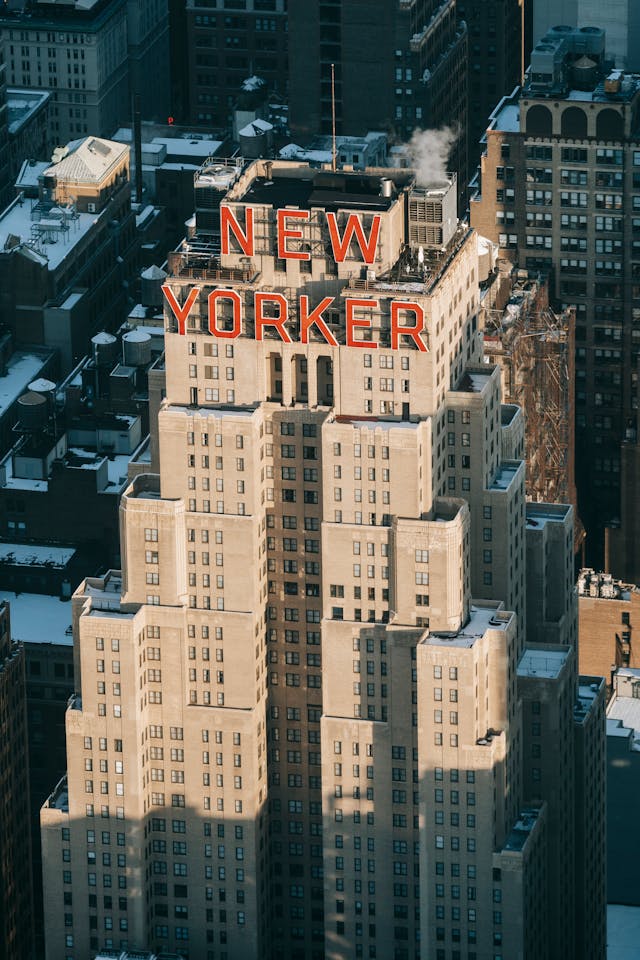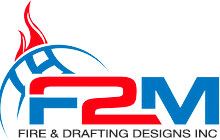Commercial vs. Residential Fire Sprinkler System Design: Key Differences
 What are the main differences in commercial vs. residential fire sprinkler system design? Fire sprinkler systems are indispensable for both commercial and residential properties, but their designs differ significantly due to varying purposes and requirements. In this blog post, we’ll explore the key distinctions between commercial and residential fire sprinkler system designs and why tailoring these systems is essential.
What are the main differences in commercial vs. residential fire sprinkler system design? Fire sprinkler systems are indispensable for both commercial and residential properties, but their designs differ significantly due to varying purposes and requirements. In this blog post, we’ll explore the key distinctions between commercial and residential fire sprinkler system designs and why tailoring these systems is essential.
Commercial vs. Residential Fire Sprinkler System Design
Purpose and Occupancy
Commercial:
Commercial properties often host diverse activities, such as offices, retail spaces, and manufacturing units. Fire sprinkler systems in these settings must account for a variety of fire risks, varying occupancy loads, and the need to protect valuable assets.
Residential:
Residential fire sprinkler systems primarily focus on protecting the occupants and their belongings. They’re designed to respond quickly to household fires, ensuring safe evacuation and minimal property damage.
Water Supply
Commercial:
Commercial buildings usually have dedicated fire pumps and substantial water reserves to meet the demands of their larger, complex systems. This ensures sufficient water flow for multiple sprinkler heads simultaneously.
Residential:
Residential systems typically rely on the building’s standard water supply. They’re designed to use less water compared to commercial systems, as the goal is containment rather than full-scale fire suppression.
Complexity of Design
Commercial:
Commercial fire sprinkler systems tend to be more intricate due to the complexity of the building layout, numerous occupancy types, and specific fire hazards. Customized designs are essential for effective protection.
Residential:
Residential systems are generally simpler in design, with a focus on quick response and ease of maintenance. Standardized designs are more common in this context.
Codes and Regulations
Commercial:
Commercial properties must adhere to stringent fire codes and regulations, often requiring consultation with fire protection engineers to ensure compliance.
Residential:
Residential systems follow local building codes but generally have less stringent requirements compared to commercial installations.
Evacuation Considerations
Commercial:
Commercial buildings often require more extensive fire alarm and evacuation systems to manage large numbers of occupants. Sprinkler systems play a role in aiding safe evacuation.
Residential:
In residential settings, fire sprinkler systems complement existing smoke detectors and are primarily designed to contain fires, allowing residents to evacuate without delay.
Commercial vs. Residential Fire Sprinkler System Design: Consult an Expert
Whether you need a commercial or residential fire sprinkler system, F2M Fire & Drafting Designs Inc. has the expertise to create a tailored solution. Protect your property and loved ones—contact us today for a personalized fire protection plan.
Contact us:
F2M Fire & Drafting Designs Inc.
31 South Street, Suite 3S-4
Mount Vernon, NY 10550
✆ (718) 928-3009
